Not essential enough
SHS teachers feel neglected by the state for not receiving the vaccine earlier
Science teacher Amanda Schnepp discusses the structure of a double helix DNA model with students in her Biology class.
On Wednesday, Jan. 6, the state of Indiana announced it would begin to administer the COVID-19 vaccine according to age, a decision that removed teachers from the top of the list to receive the vaccine. Now, there is no information on when the vaccine will be available for teachers at SHS. Teachers say this decision has proven to be disappointing, and they are feeling that they are once again being pushed to the side.
“From a union standpoint, it’s a slap in the face to teachers who are once again told, ‘Well, just do the best you can, and we expect you to do it, even though we aren’t doing anything to help you out,’” science teacher Amanda Schnepp said.
Though the decision the state made was made with the intention to protect those who are most at risk from COVID-19, Schnepp, who is also a Teachers Union Building Representative, thinks their decision to remove teachers who are not considered elderly from the top of the list seems to do the opposite.
“I feel like since teachers, … are being required to work in person, face-to-face with lots of students, that we shouldn’t have been bumped from that top spot,” Schnepp said.
Spanish teacher Connor McNeely, who is also a Building Representative, thinks that because of all of the work that teachers have done this year and in years past, they did not deserve to be removed from their place in line to get the vaccine.
“Teachers have gone above and beyond since before the pandemic,” McNeely wrote in an email to The Journal, “and even more so since it began last school year. Now that we are back face-to-face within our buildings, with many schools across the state being 100% in-person, I think moving teachers from the top of the list was a misguided decision by the state.”
Schnepp says that while teaching in a world with COVID-19, teachers have been feeling very stressed, trying to figure out how they should be teaching their students, and what should be the priority.
“I feel like all teachers feel like first-year teachers again,” she said. “As soon as we feel like we’ve got a plan in place, then something else changes. I think we’ve all just felt very stressed because we’re still trying to do what we think is best for students, not only academically, but also for student emotional health. “
And though teaching this year has been difficult, McNeely thinks that teachers have done a great job pushing through.
“I love teaching, ” McNeely wrote. “I did before the pandemic, and I still do. This school year has presented us with many challenges, and has pushed us all out of our comfort zones. I am very proud of all of us (my fellow teachers and I) for all that we have had to learn and implement, most times without much time to do so. I am even more proud of our students who have adjusted and overcome all of the challenges of learning and living in a pandemic.”
However, even when teachers will be allowed to be vaccinated, it is likely that some teachers will choose not to be, and there is currently no intention of requiring teachers to get a vaccine, although Principal Brian Knight hopes that everyone will choose to be vaccinated.
“Sometimes things can become political issues that aren’t really political issues,” Knight said. “And I think that vaccinations are maybe going there. Personally, I would encourage everyone to go get vaccinated…If you choose not to get vaccinated, then that’s your personal choice, not something the district would mandate or require.”
And though teachers getting vaccinated will be a big step towards getting students being able to go fully in-person, it may not be enough to get there by the end of this year. Knight said that by the time teachers are vaccinated, it may be too late for a scheduling change to be worth it.
“I would guess by the time we would get there, there would be not much time left in the school year,” Knight said. “If you start getting into May, I don’t think it’s productive to make changes in schedules with three weeks left in the school year. I don’t see that there’s enough cost benefit from trying to change everyone’s schedule.”
McNeely also doesn’t think that just teachers getting vaccinated is enough to go back fully in person this year.
“Vaccinating teachers alone will not change the pandemic,” McNeely wrote. “There are other folks in our schools that are foundational to its success (aides, custodians,
administrative assistants, nutrition workers, and our students). They must be a part of this conversation, as well as the greater community.”
And though it isn’t likely that schools will be back to normal anytime soon, Knight said that it is still important for everyone to continue to be taking preventative measures to stop the spread of COVID-19, and hopefully reduce the amount of time it will take to get everyone back in school.
“I think the more people can do outside of school to make sure you’re wearing your mask, that you’re social distancing, that you’re not doing things that you don’t have to do, or going in large groups with people — just anything people can do outside of school to make sure that they are keeping themselves safe and that we can keep functioning, at least in the format that we are, would be appreciated,” Knight said.
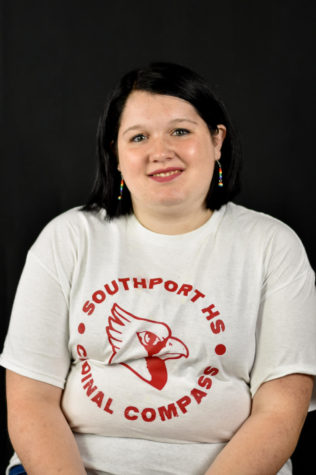
Hey everyone! My name is Megan Rogers and I am one of the Managing Editors of The Journal this year! I will be working with our News, Sports, Culture and...


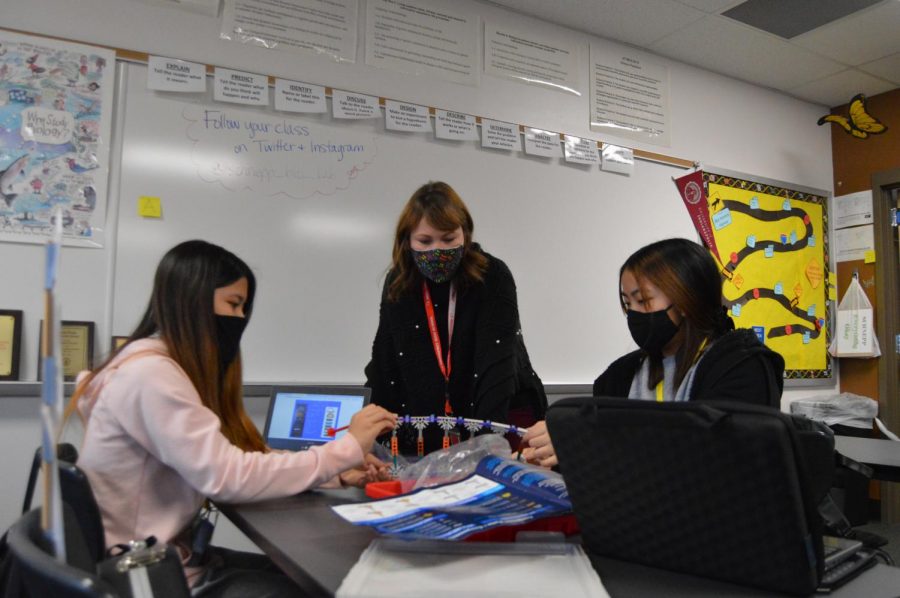
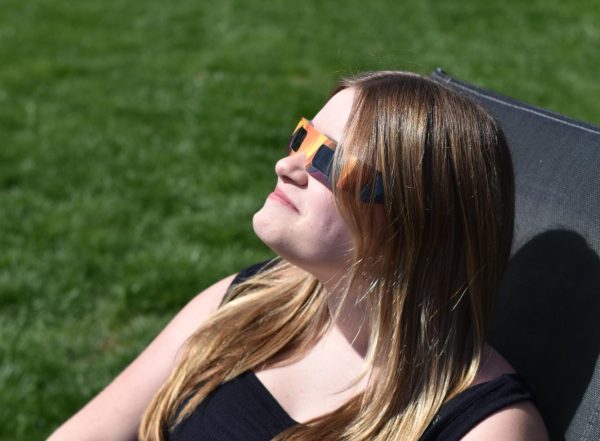

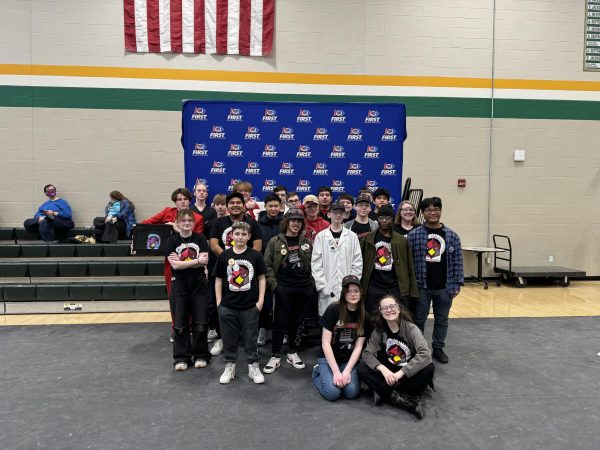
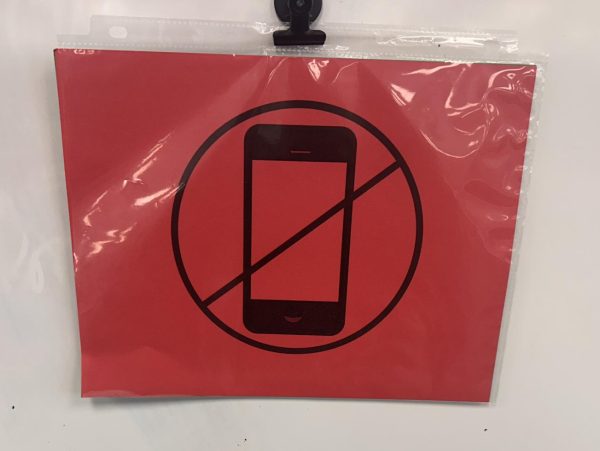
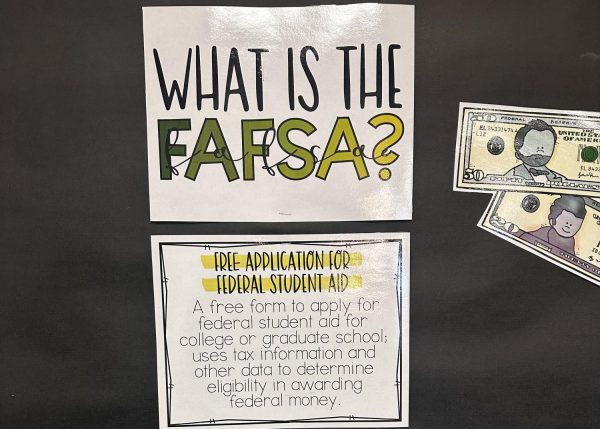
Raye L Jordan • Feb 26, 2021 at 7:47 pm
Great article Megan! You’re doing a great job writing!